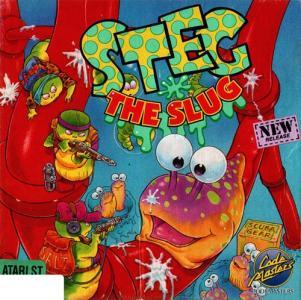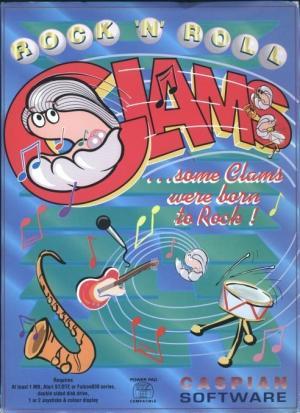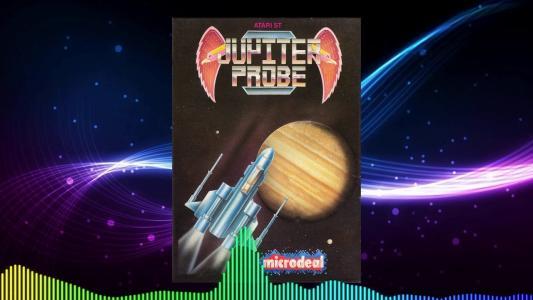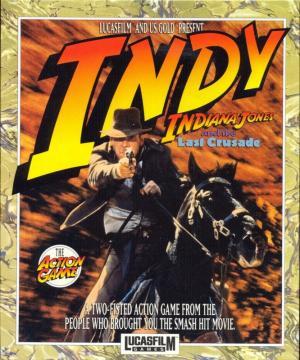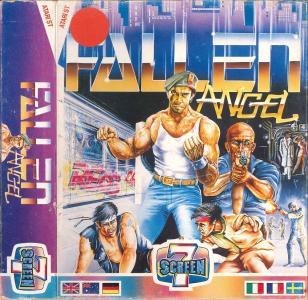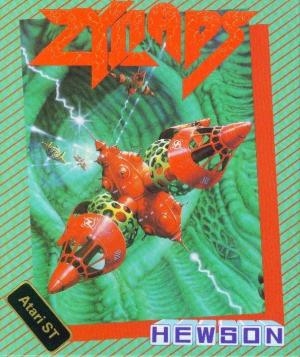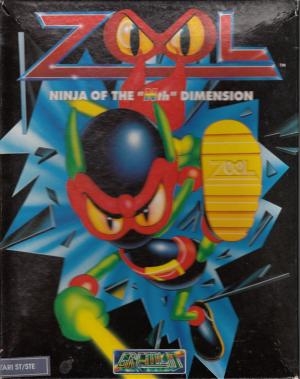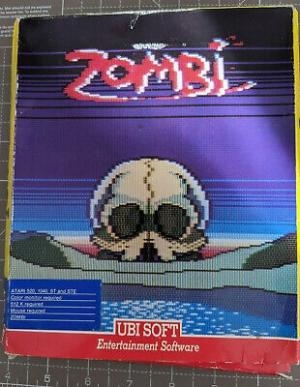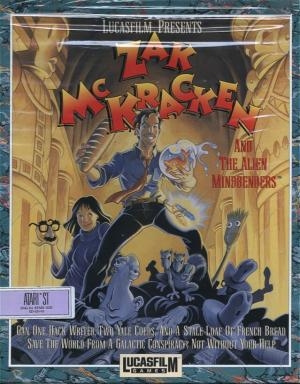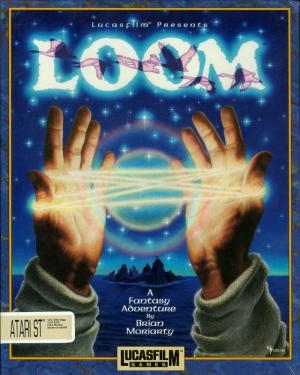
| Console: | Atari ST |
| TV Standard: | Region Not Set |
| Developer(s): | LucasArts Entertainment Company LLC |
| Publisher(s): | Lucasfilm Games LLC |
| Release Date: | 1990-01-01 |
| Players: | 1 |
| Co-op: | No |
| ESRB: | E - Everyone |
| Type: | Adventure |
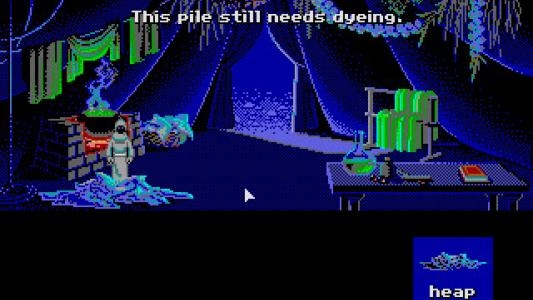
The Age of the Great Guilds has arrived. Communities and states comprised of people united by a common trade were created. The Guild of Weavers has achieved such mastery in their trade that they discovered the secret of weaving the very fabric of reality. They were treated with suspicion by other guilds, who eventually accused them of practicing witchcraft and banned them to a secluded island, which they called Loom.
Bobbin Threadbare is a young man from the Guild of Weavers. He is outcast from the guild and blamed for the lack of prosperity in recent times, though he does not know why. On his seventeenth birthday he is summoned by the Elders of the guild, who intend to decide his fate. However, shortly thereafter all the inhabitants of the village except Bobbin are turned into swans. Bobbin finds out that he is the child of the Great Loom, found by Lady Cygna, who tried to use the loom's powers to save the guild. Bobbin's stepmother Dame Hetchel teaches him the art of weaving magical drafts, and Bobbin embarks on a journey to find the lost flock, and the answers to his questions.
Loom is an adventure game that sets itself apart from other titles in the genre through its unique gameplay system: the player character does not carry items around, but rather manipulates objects through the use of spells (called "drafts" in the game). The drafts themselves are woven by playing magical notes on a special instrument called "distaff". All the puzzles in the game are solved by learning and correctly applying these drafts.
Each draft is a sequence of four notes within one octave. The player learns new drafts by exploring the environment and interacting with it through a simple point-and-click interface. Once a draft has been learned, it may be applied in a different situation in order to solve a problem. Drafts range from simple general actions (such as opening) to more specific and complex commands, e.g. turning straw into gold. Drafts can also be "reversed", i.e. played backwards, in order to execute the opposite action (for example, closing something instead of opening). As the game progresses Bobbin learns to play higher notes on the distaff, allowing him to access more drafts.
The game features three difficulty levels, differentiating them by changing the way the interface works. The easiest level displays names of the notes as well as marking the correspondent areas on the distaff; Standard level features the distaff with the marks at the bottom of the screen, but no written notes; whereas Expert does not display the marks at all, requiring the player to memorize and play the drafts by ear.
